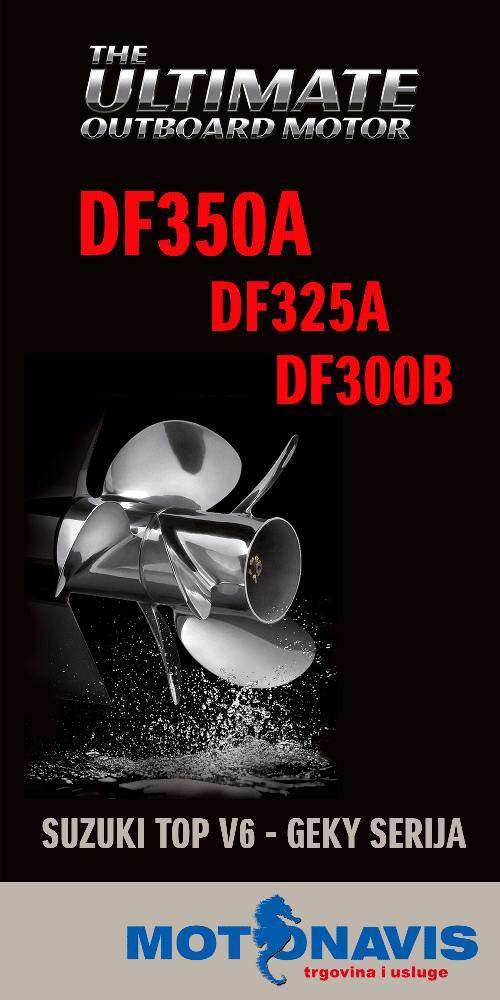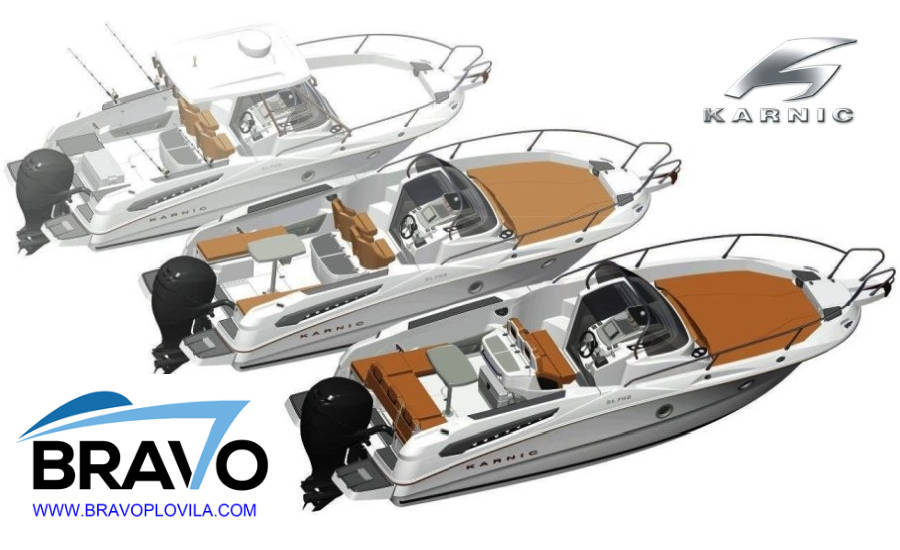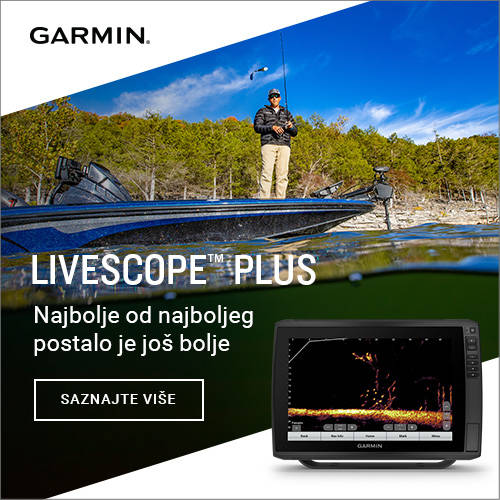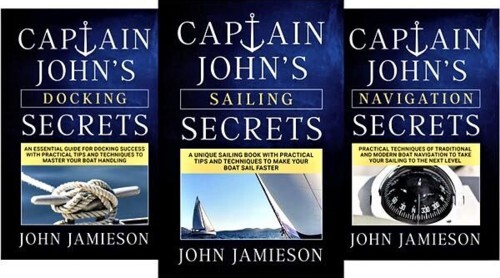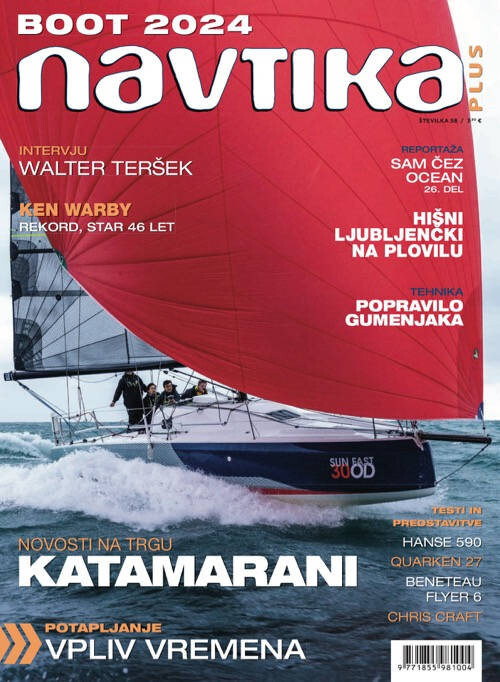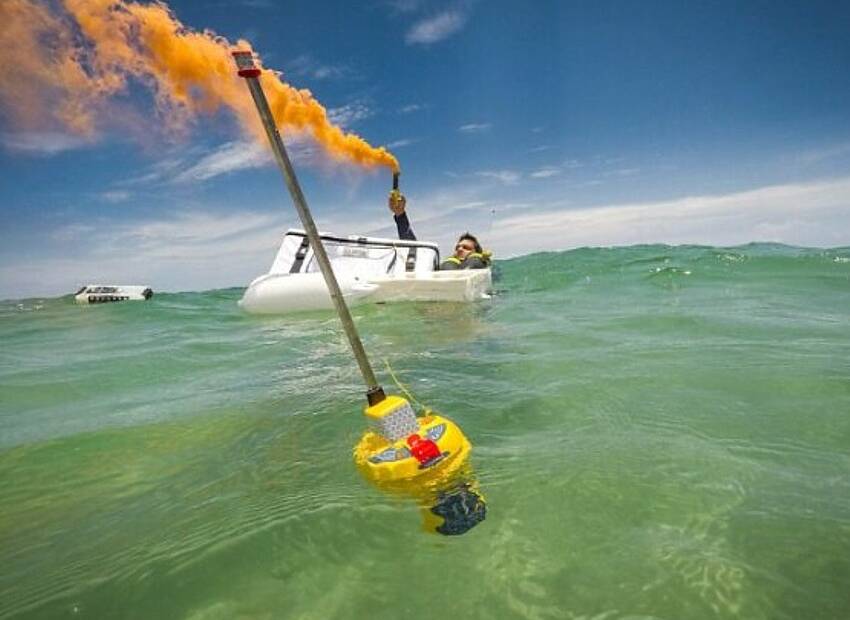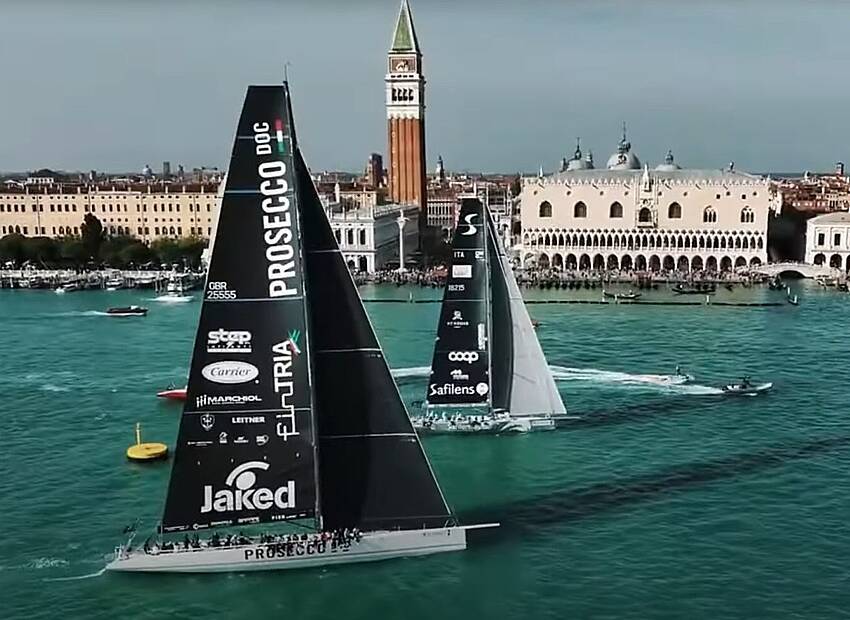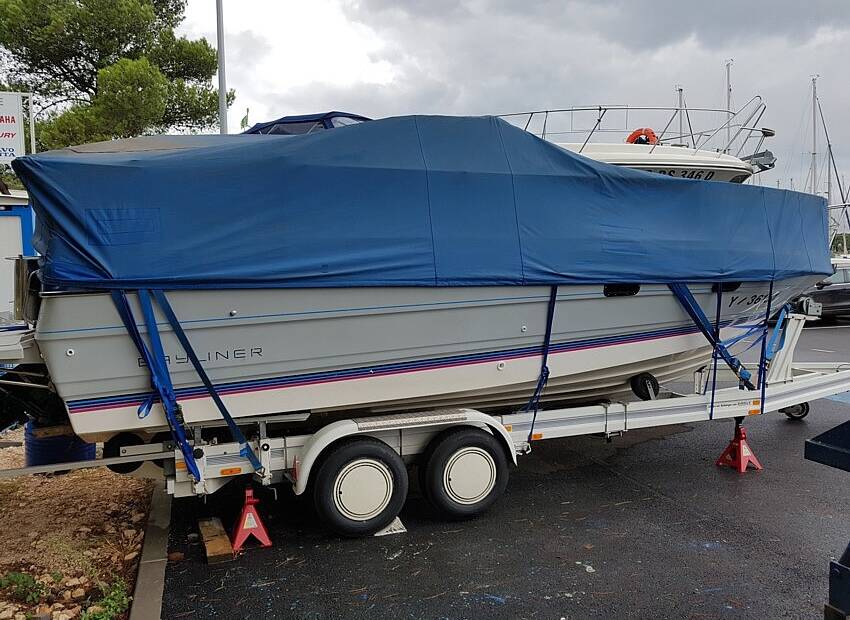US Coast Guard Cautions Use of Some New Types of Lights
With the latest technical advances in recreational boat lights – both for navigation and aesthetic purposes – recreational boaters have more choices than ever when upgrading their boat's lighting. However, the US Coast Guard wants boaters to know that some of the new lights aren't up to snuff and could increase the chances of a collision. It has found that some sold for navigation purposes don't meet regulations, and other aesthetic lighting products such as LED ropes and underwater lights may go against the light provisions of the nautical rules of the road. The BoatUS Foundation for Boating Safety and Clean Water shares these concerns has these three tips when shopping for or installing boat lights:
1) Navigation lights have to be "approved". Some manufacturers are selling navigation lights that don't meet regulations. These lights are typically cheaper, but do not provide the proper color quality, brightness or cut-off angles that boaters rely on to avoid collision. So how do you know you are buying a good nav light? The US Coast Guard (USCG) says things to look for include 1.) USCG approval, 2.) The rated visibility of the light in nautical miles, 3.) Meets ABYC A-16, 4.) "Tested by: laboratory name," along with 5.) Manufacturer and model #.
2) Don't let your boat's lights confuse. The USCG reports that some boaters have hazardously installed unapproved red and green LED strip lighting on the bow, which hampers other boaters efforts to avoid collision. Also avoid displaying any light that could be confused as another navigation light or another vessel. And do remember flashing blue lights are reserved for law enforcement – at a distance, wave action combined with the steady rocking of below the waterline high-intensity blue lights can give the appearance of a police vessel.
3) Don't install lights that prevent the operator from maintaining a good lookout. When running between sunset and sunrise, it's critical that those behind the wheel maintain their night vision, so the #1 goal is to keep light out of the operator's eyes. Glare from existing nav lights may be a problem, or reflections from aesthetic lighting such as LED rope lights wrapped around a helm station hinder eyesight.
To see lights tested at night by the BoatUS Foundation, visit BoatUS.org/findings/48.





